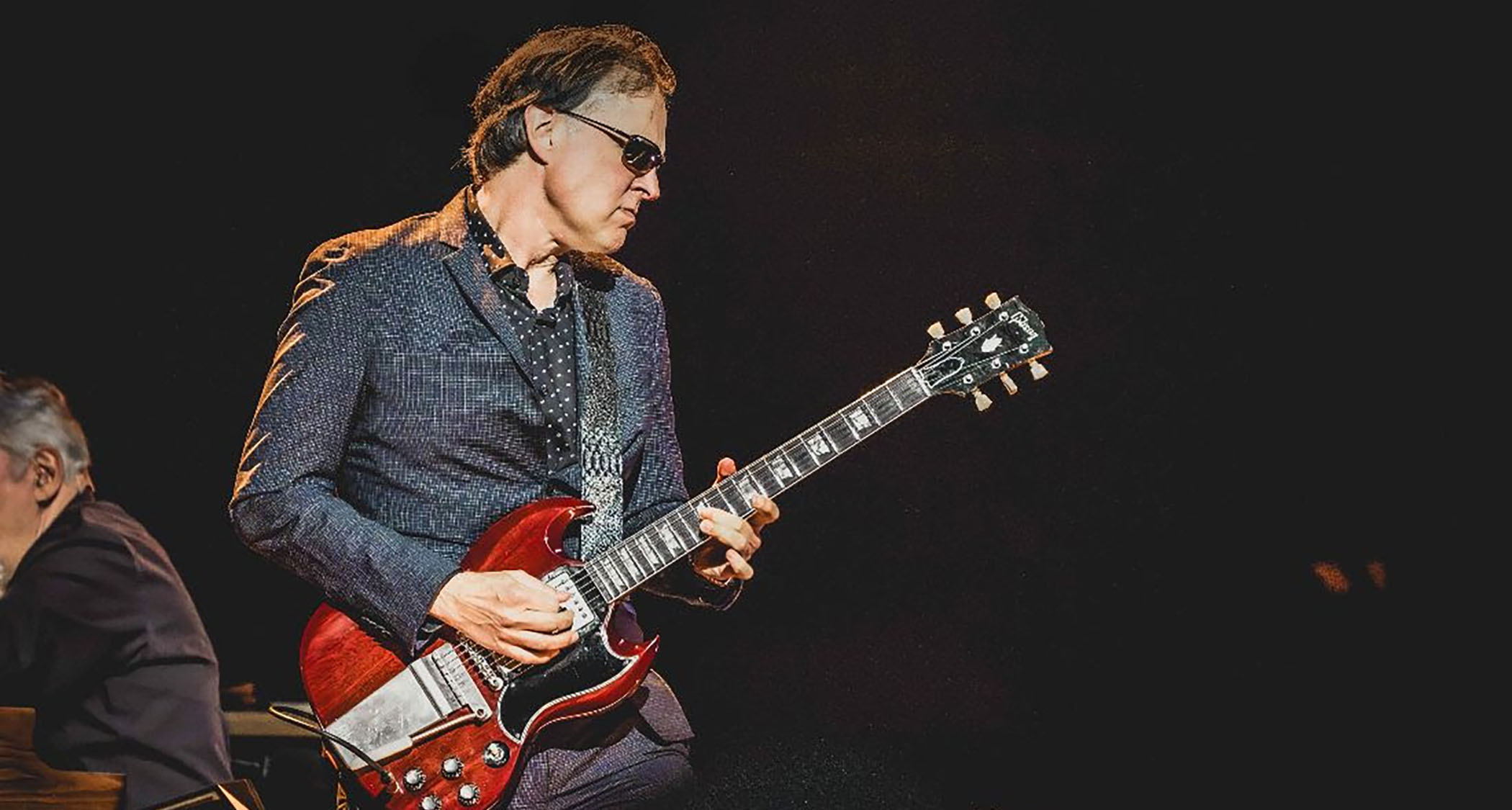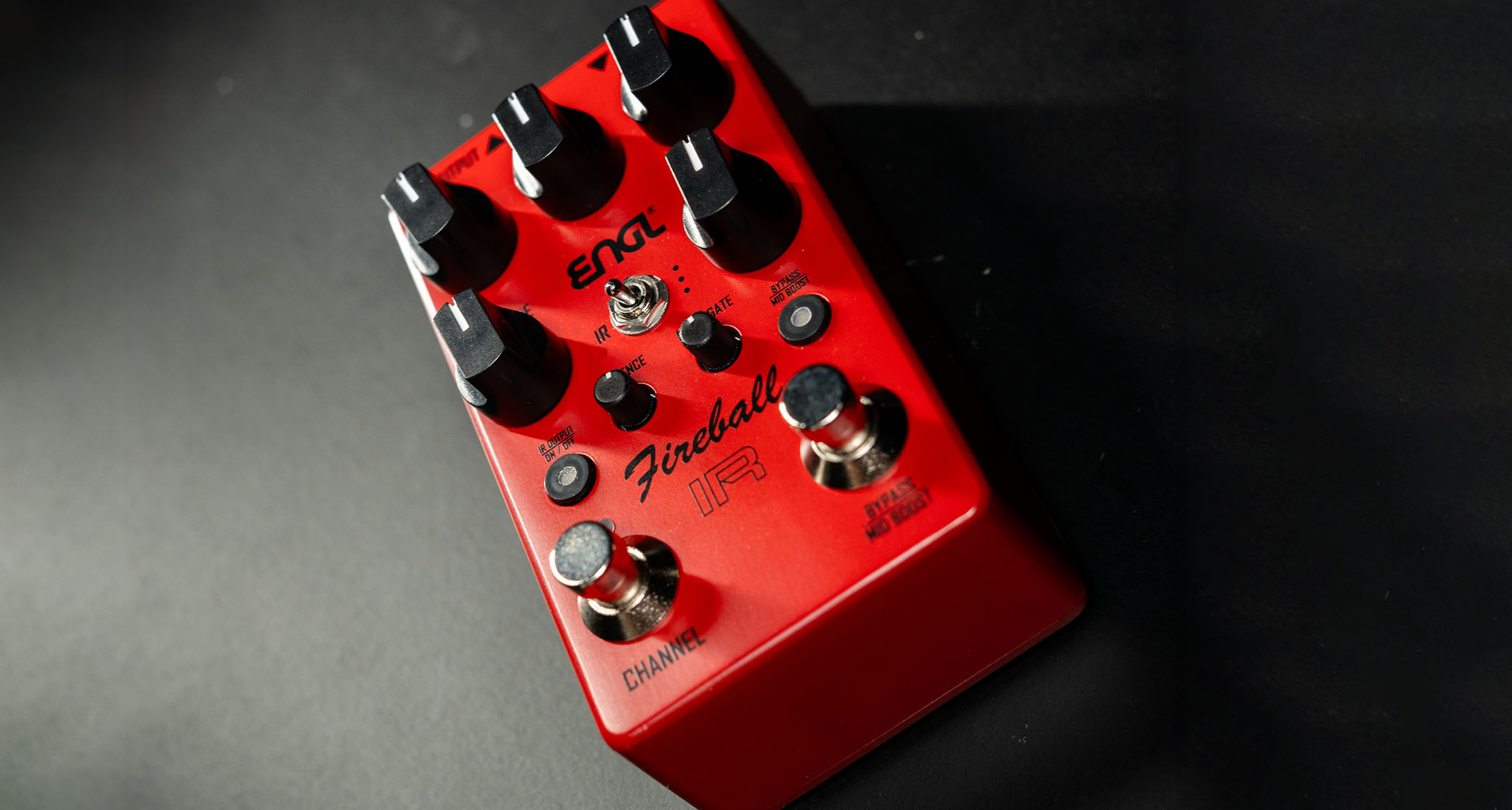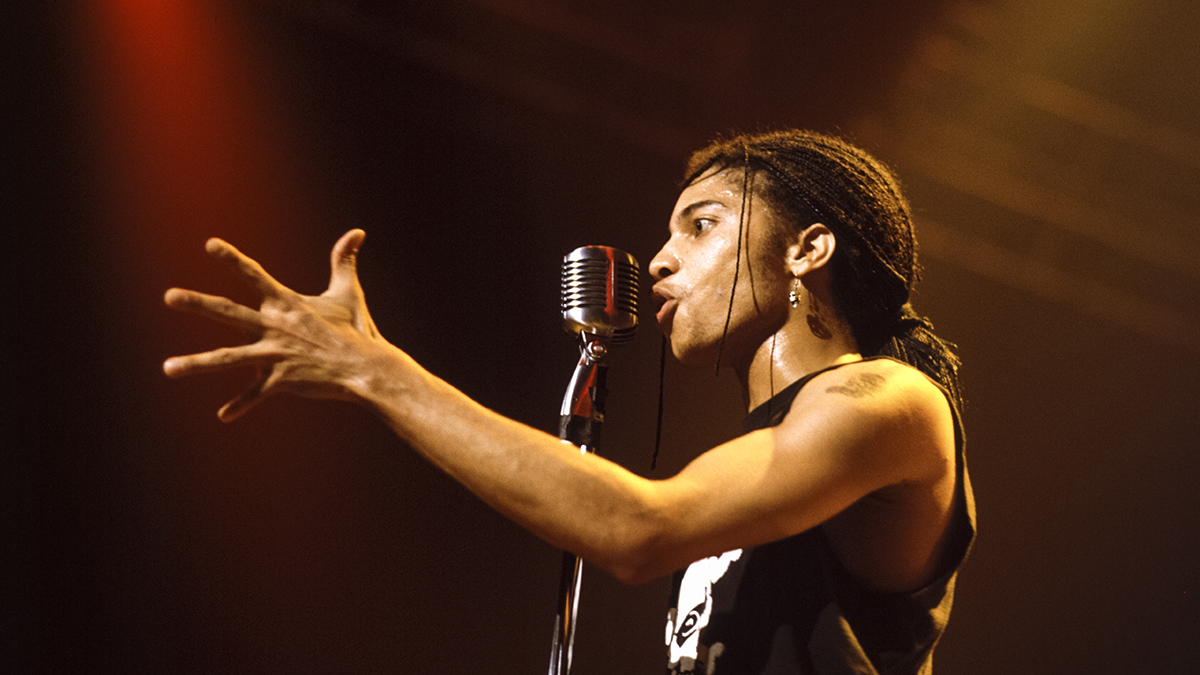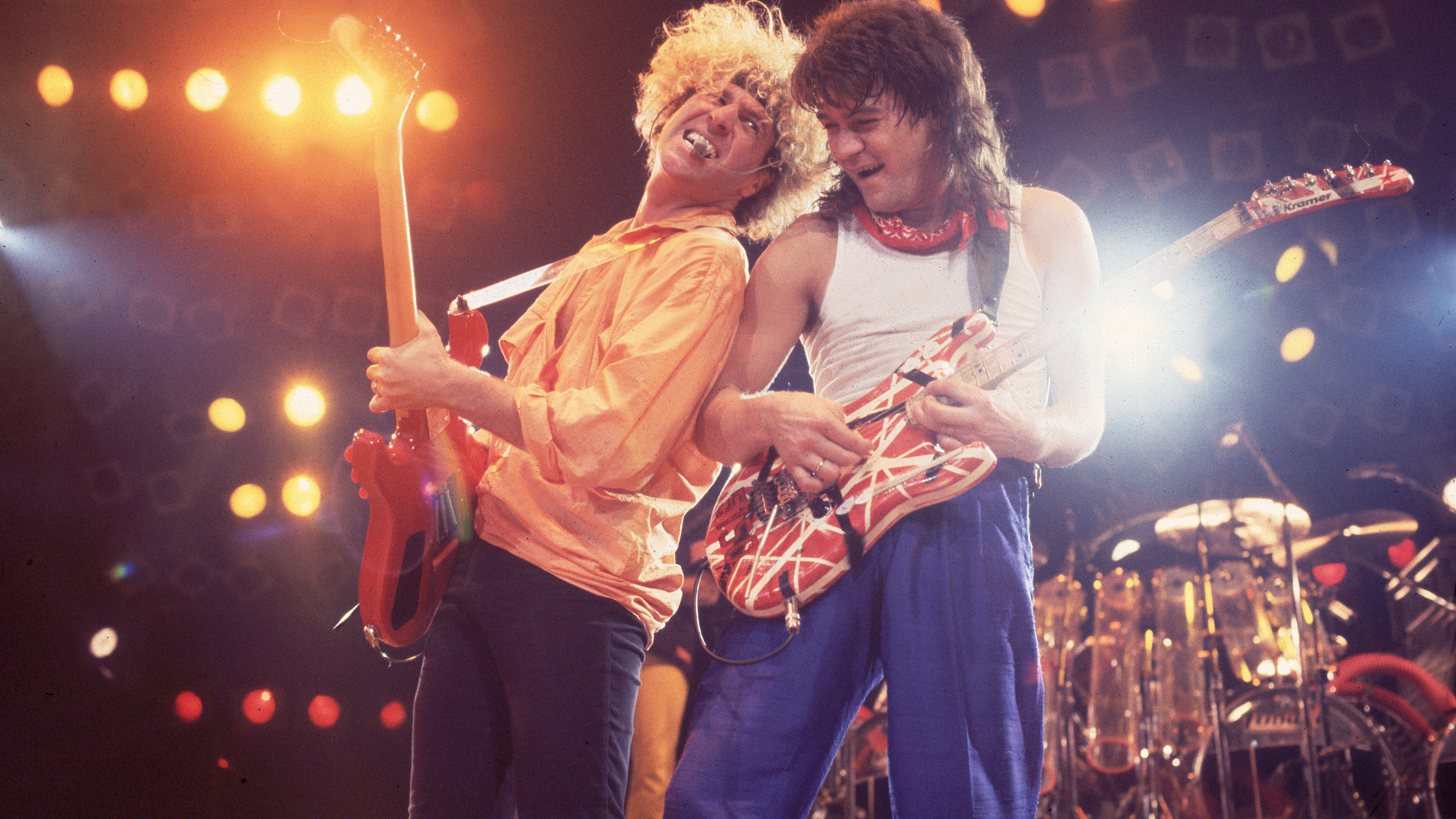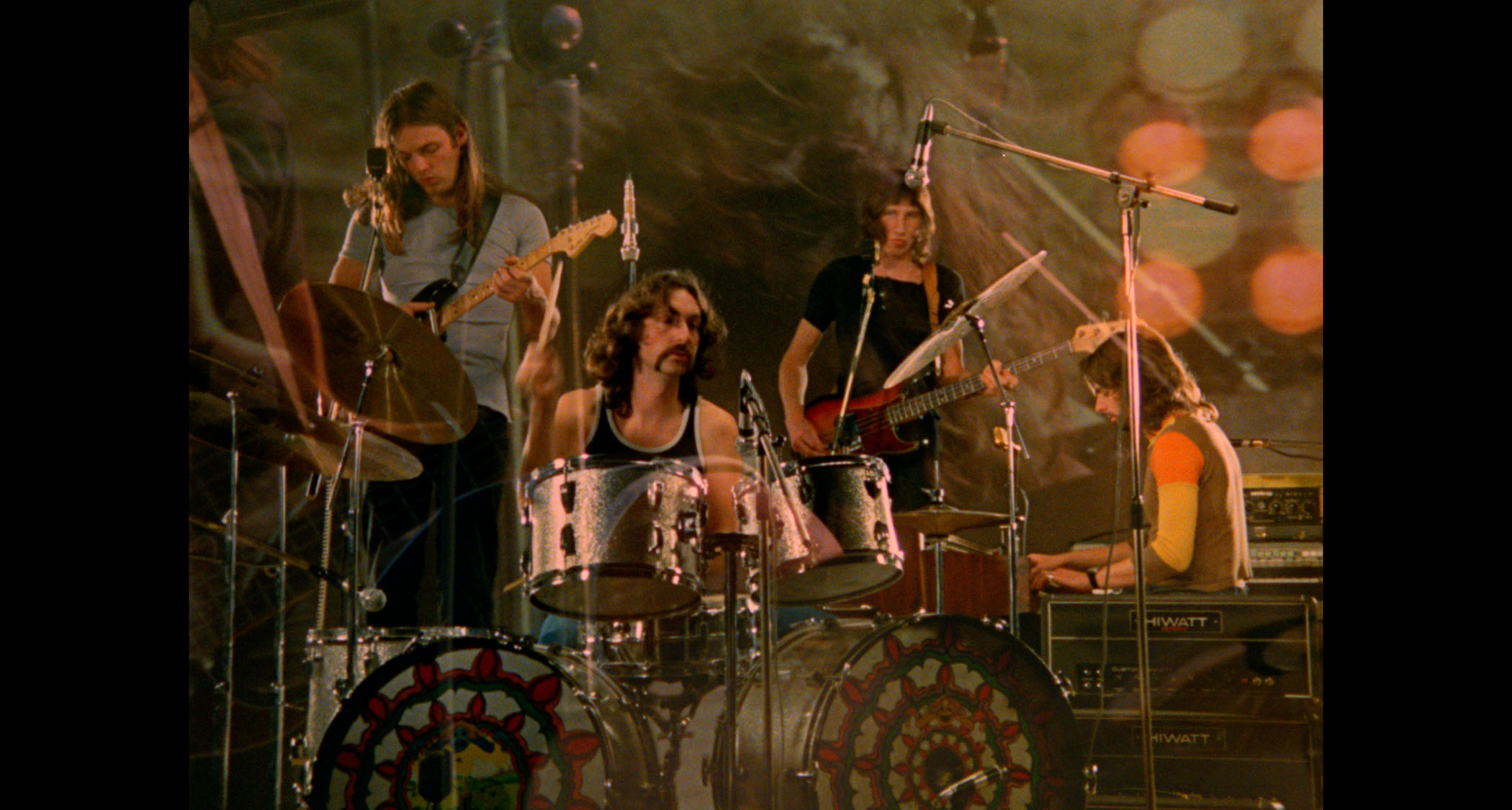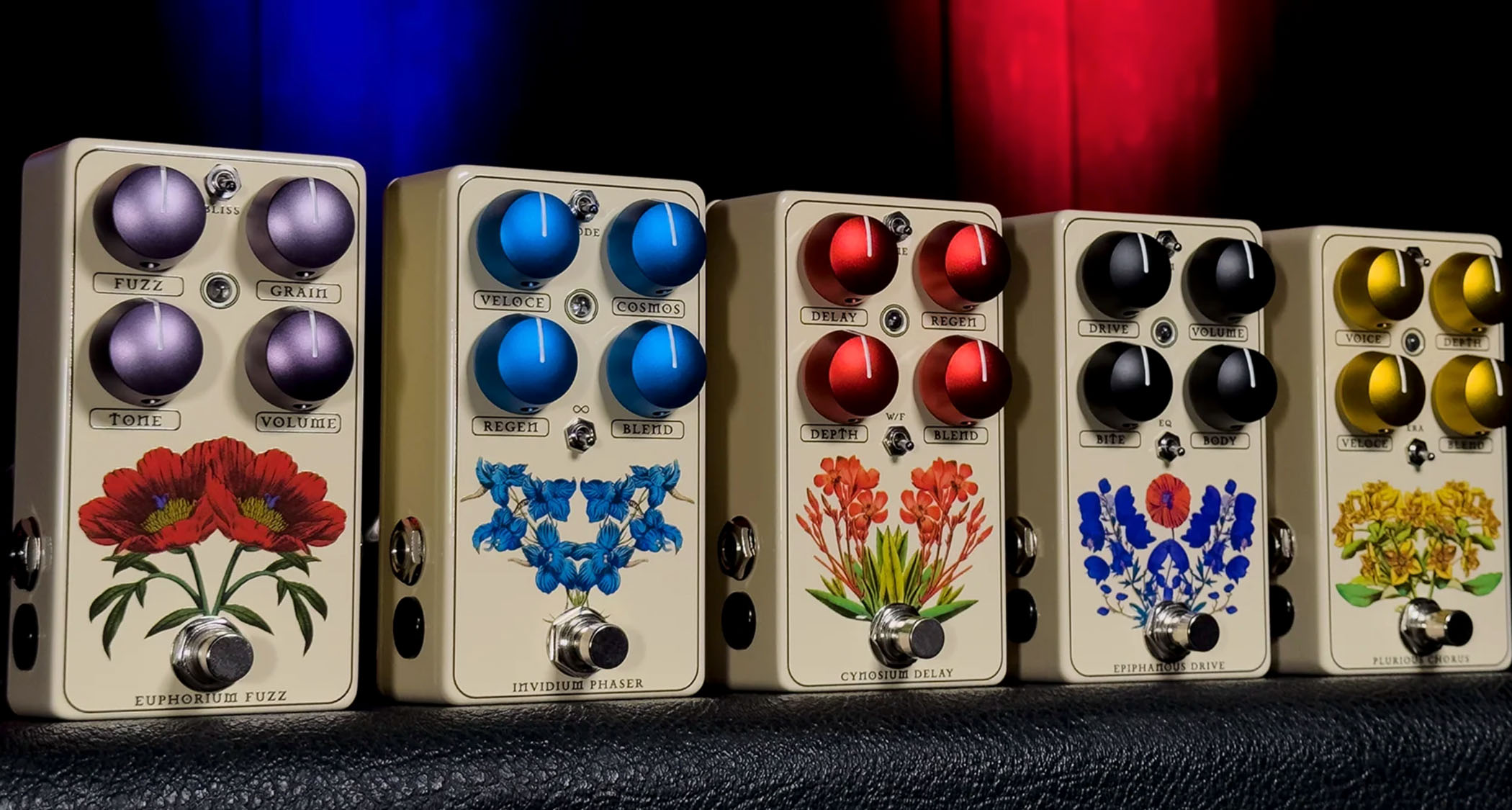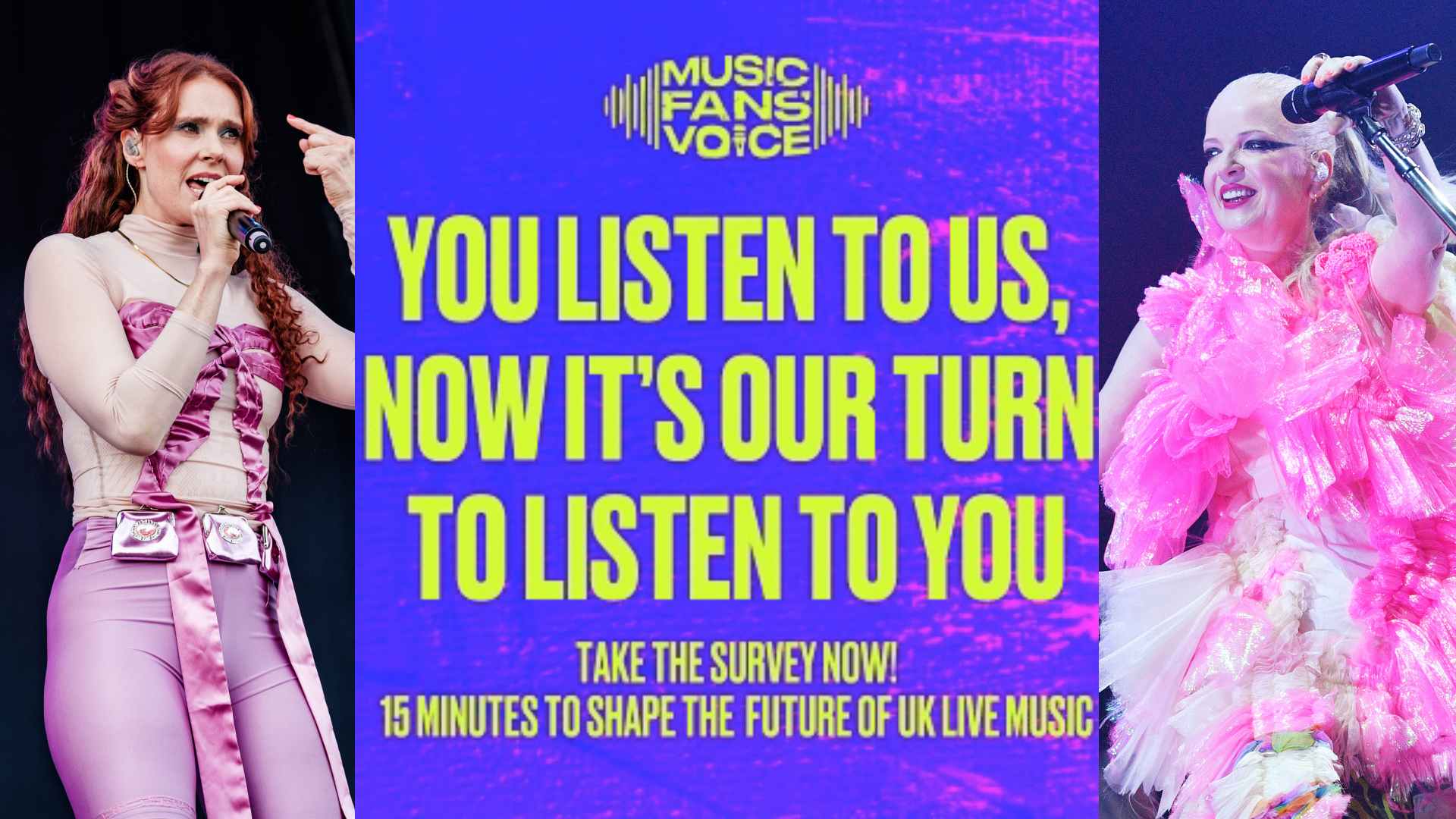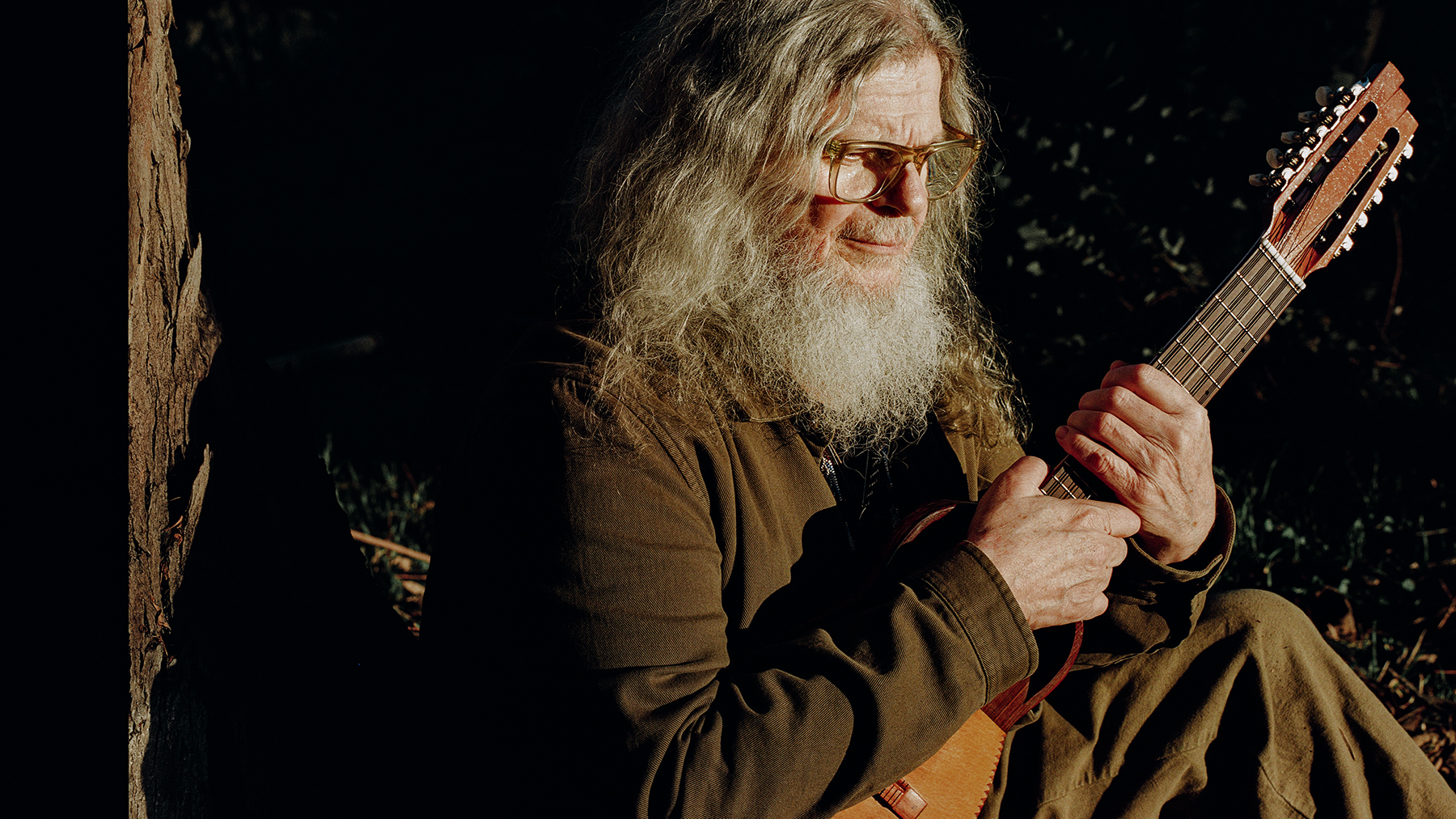Inside the World of an Online Session Drummer - November 2011
Recording Drum Tracks for Live Use
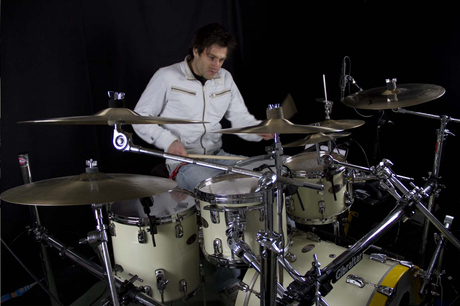
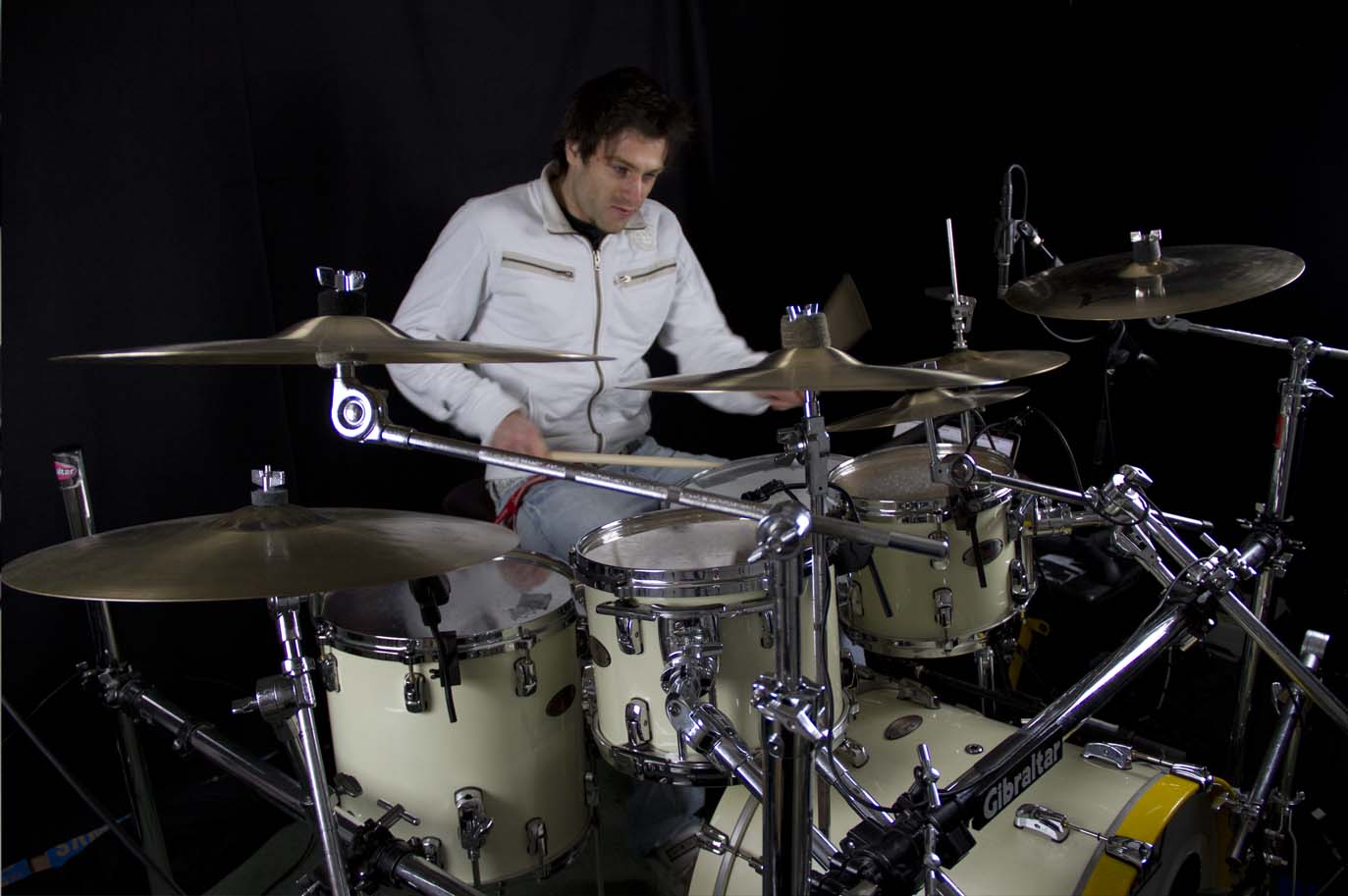
Most of what I focus on as an Online Session Drummer (OSD) is recording for studio sessions, EPs, demos and so on. But actually there's a pretty big market I and most other OSDs are definitely guilty of not promoting to enough.
It's a market I had no idea existed until some musicians started asking for tracks to play to, in live gigs.
Turns out that there are actually quite a few bands out there who don't have drummers, don't care about iTunes/CDs but want to get the adoration/sweat of the screaming fans all over their gear and actually leave the house. It all sounded a bit strange to me and I couldn't see why anyone would want to leave the studio, but the projects from these folks were big ones so I gave it a crack.
I have recorded for both covers and originals bands who play live to pre-recorded drum tracks. They rehearse to them and then when it comes to the gig itself, someone is on iPod/laptop duty and changes the track.
There are a ton of advantages for us in working with live bands:
- Once you've played a few songs for them, they're going to want to ditch the MIDI and get you recording the whole set
- Once you've recorded the whole set, they'll have to come back to you each time they want to add any new songs - this is great constant work and if you can be clever and time it for slow periods with the rest of your recording it can really be a god send.
- Once their live sound is based around you, they'll be reluctant to change drummers. You have them 'locked in' for life
Get the MusicRadar Newsletter
Want all the hottest music and gear news, reviews, deals, features and more, direct to your inbox? Sign up here.
- Once they're gigging with your tracks, they won't be looking for a live drummer anymore. You have them.
- They spread word of you to other bands who play in this way - they seem to be quite a community (which I guess makes sense, as there can't be too many of them and if they see another band playing with no drummer it's logical they'd go over and say hi and start talking about the drum tracks!)
- It means that every Saturday night, you have 5 gigs. You are making the world dance while you get on with other stuff, or your own gig!
- Lots of covers bands play the same sort of tunes. So over time as you build up a library you can begin selling tracks to more than one band. One session can be sold more than once. Happy days.
When I was learning tracks for my own wedding band, I would quickly record a complete take, bung it up on my site behind a Paypal button and let people 'buy now'.
Incidentally, the reason I stopped doing this was because I decided that I preferred to re-record tunes for clients than give them a catalogue version. This was personal choice as I felt my sound was improving constantly and I wanted their tracks to be the very best that they could be. This was despite some clients begging for the catalogue versions and me refusing to hand them over. Your business, your rules.
So all this live stuff is AWESOME anyway, and means we're having fun playing along to a variety of well recorded tunes in a variety of styles (I even did a Bullet For My Valentine/Lamb of God - type set for one band!)
But there are a bunch of extra considerations we need to be aware of if we're going to be recording live tracks. Come back tomorrow and I'll be running through some of the main pointers you need to keep in mind for this kind of session work.
Zak Starkey is back in The Who. “I take responsibility for some of the confusion… Zak made a few mistakes and he has apologised”, says Pete Townshend
“I oversaw every element - not just the music and the lyrics and the melodies and the production, but also the merch and the fan clubs and everything”: Mike Portnoy talks about his years away from Dream Theater
